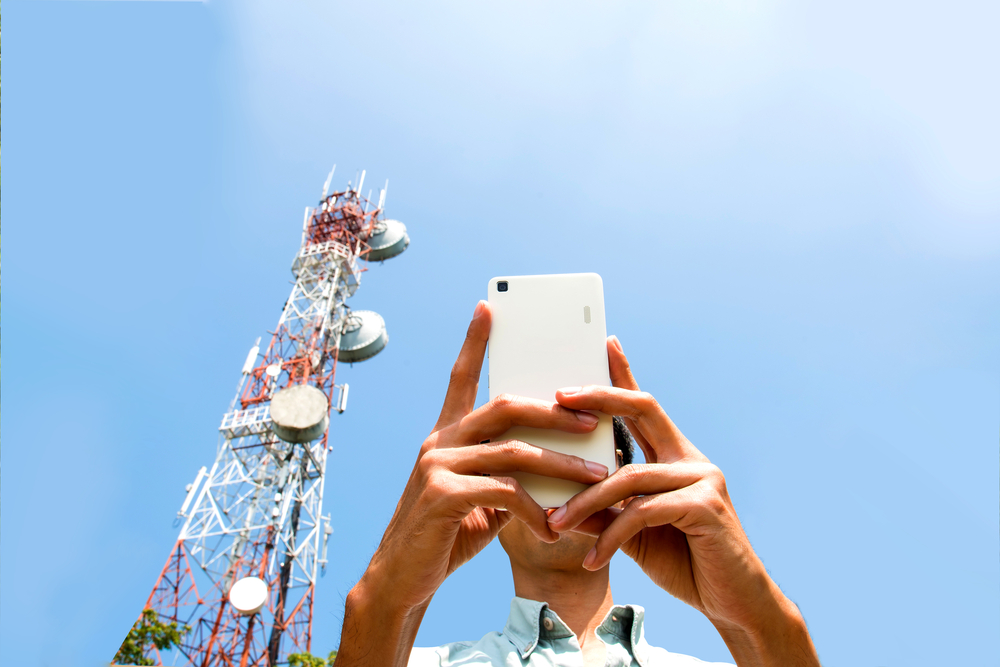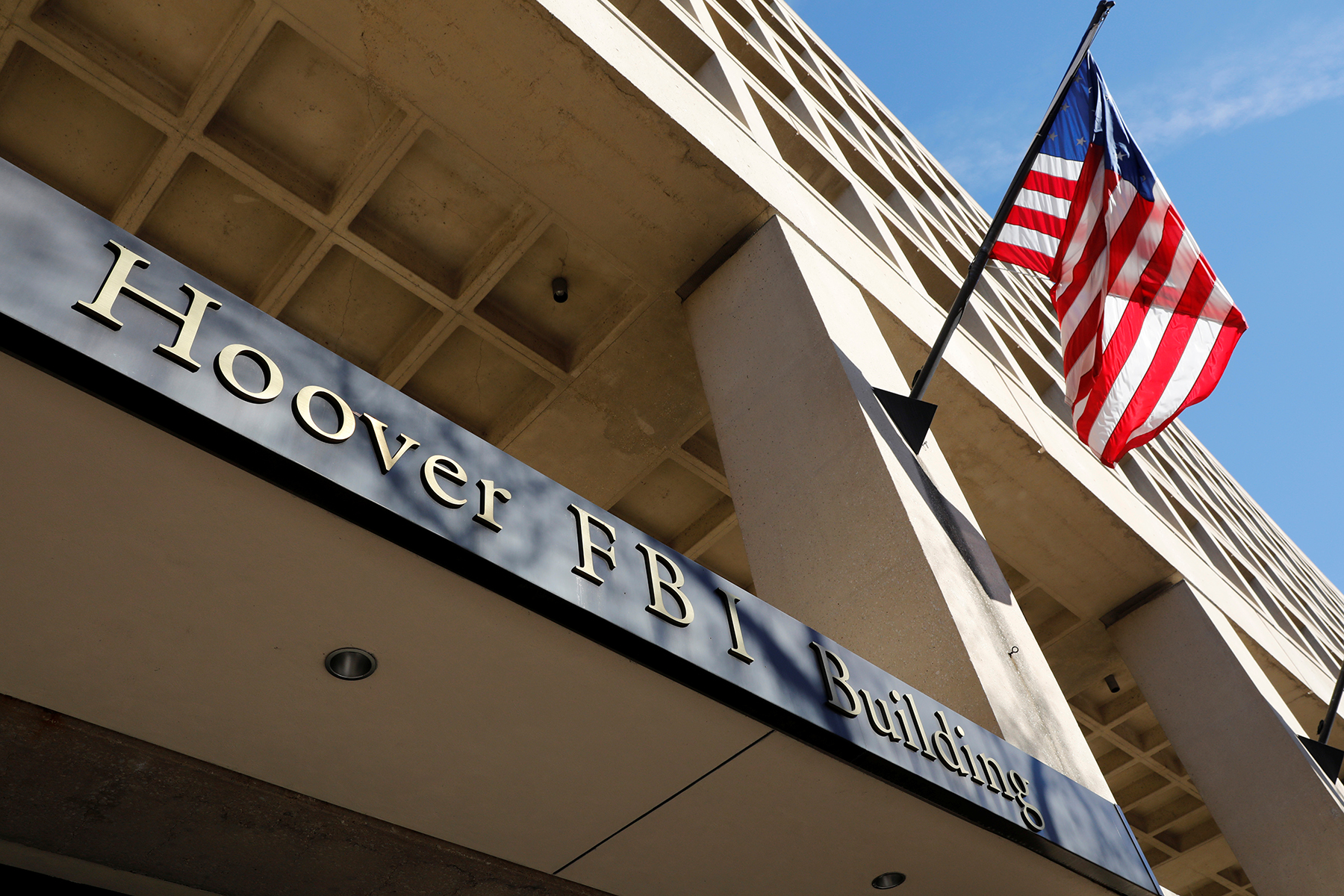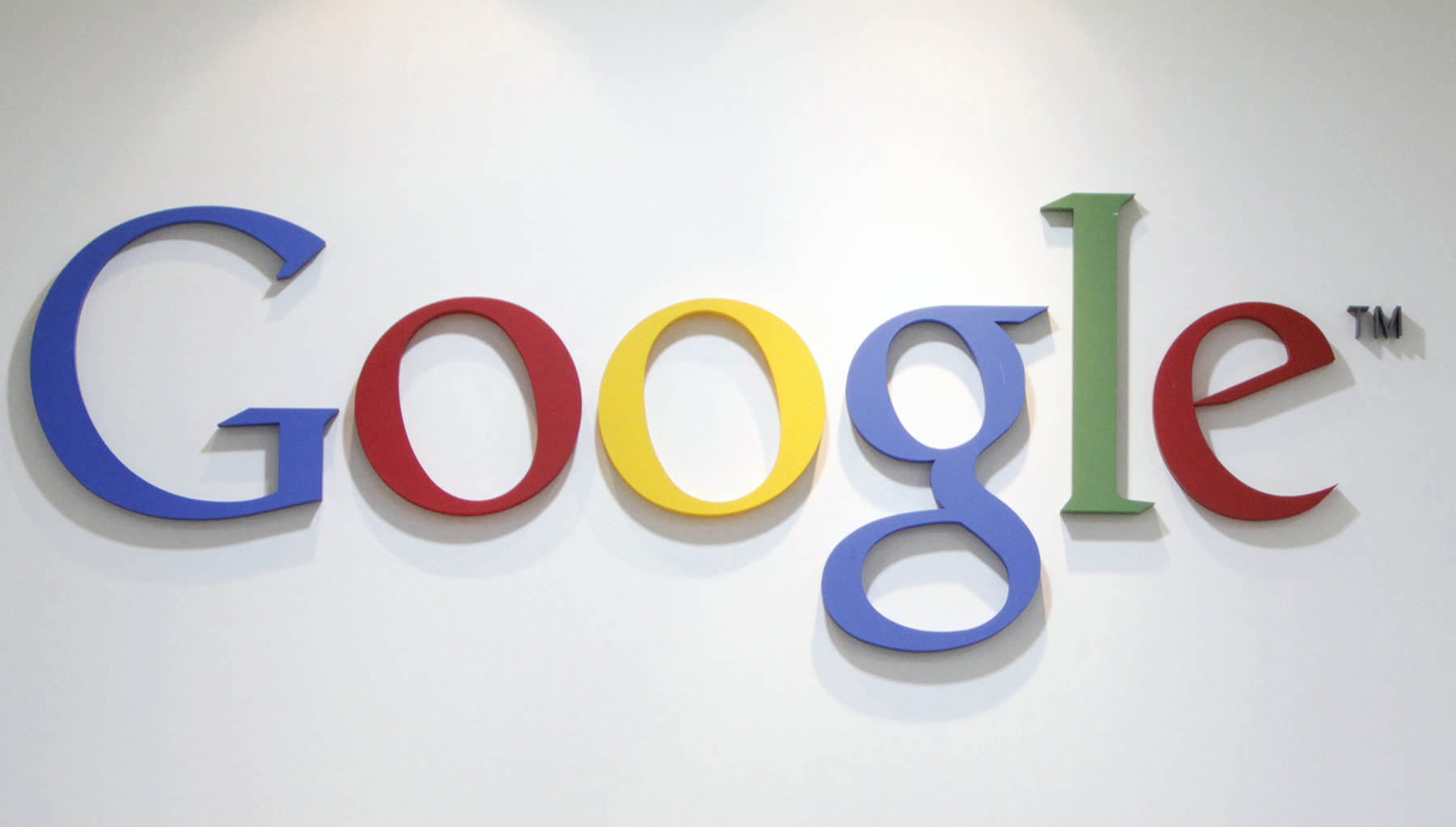Across the ideological spectrum, Supreme Court Justices appeared to find common ground in that “mass searches of our digital effects would be as invasive and unreasonable as the hated general warrants that helped spark the American Revolution.” Jeffrey Rosen compiles statements made in oral arguments in case that looks at “whether government, without a warrant, can effectively trace our movements in public for months on end by demanding 127 days of the geolocational data—known as cell-site location information—that mobile phones beam out 24 hours a day.”
The Atlantic Supreme Court Oral Argument Transcript Carpenter v United States C-Span Oral Argument AudioNovember 27, 2017: The Threat to Journalists in Carpenter v United States
Jameel Jaffer and Alexander Abdo argue that the Carpenter case not only brings up important issues to right to privacy over cell phone records provided to law enforcement without a warrant, it is also an important test of First Amendment freedoms. Gaffer and Abdo write that location data provided by cell phone towers can be used to build a profile of a person, “With very few data points, the technologists observe, an analyst can learn whether a given person attended a public demonstration, attended a political meeting, or met with a particular activist or lawyer. With more data, an analyst can identify social networks and learn not only whether a given person was at a public demonstration but who else attended the demonstration with her.” This is particularly egregious for journalists. In their amicus brief, The Reporters Committee for Freedom of the Press state that such access to records “can reveal the stories a journalist is working on before they are published, where a journalist went to gather information for those stories, and the identity of a journalist’s sources.”
Guardian Amicus Brief RCFP Carpenter V U.S. SCOTUSTags




